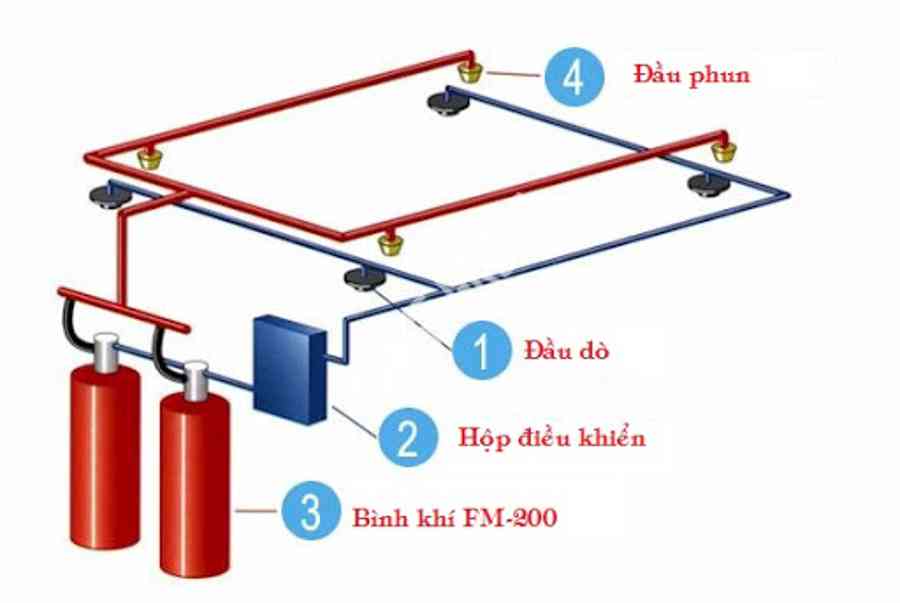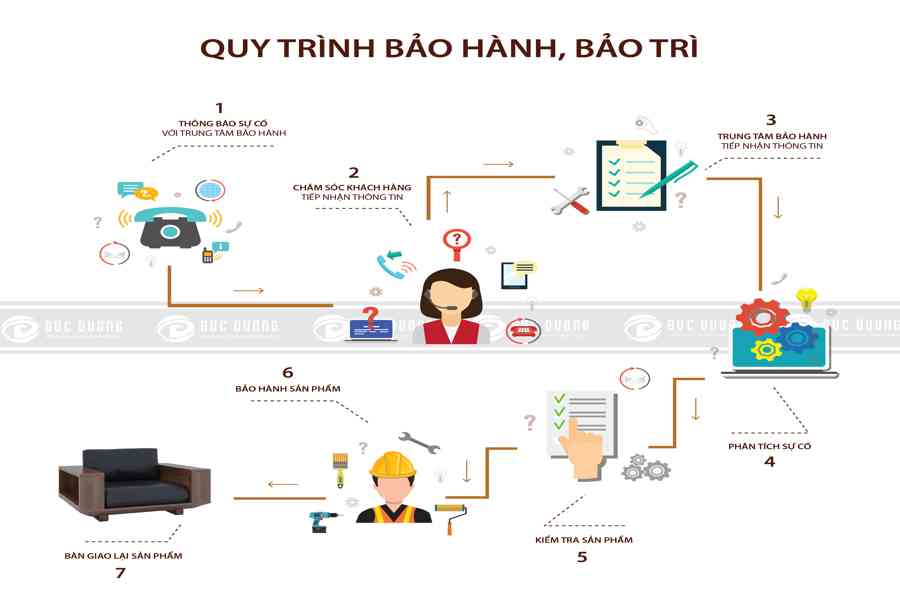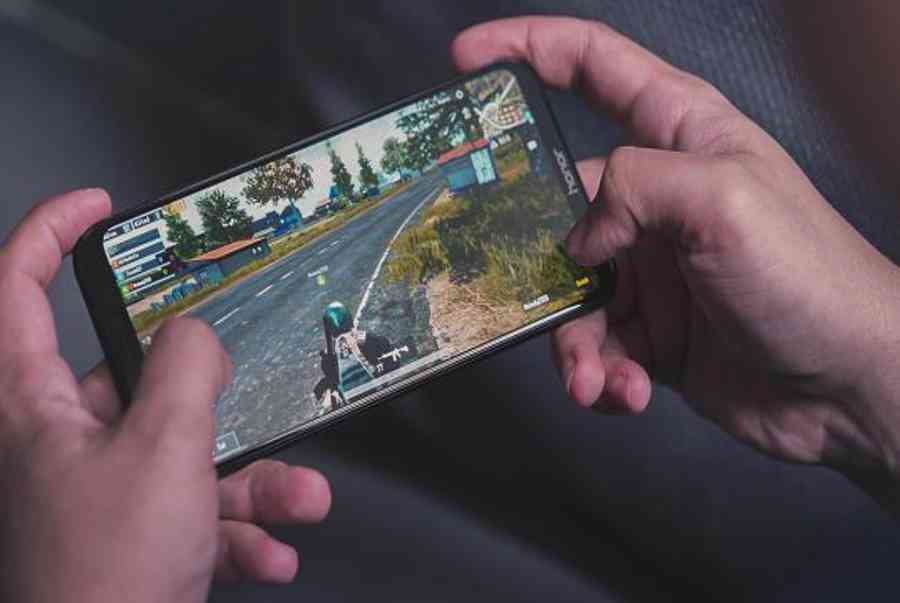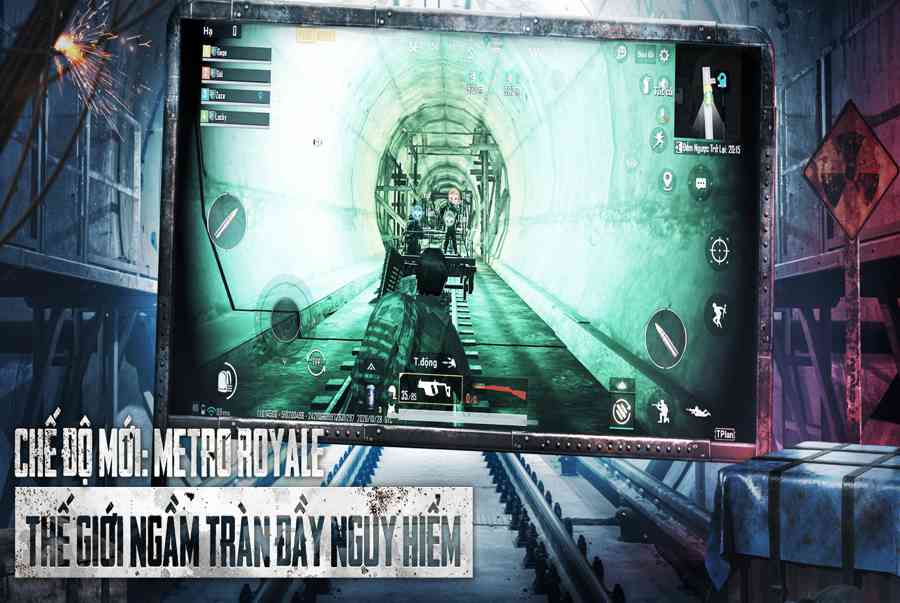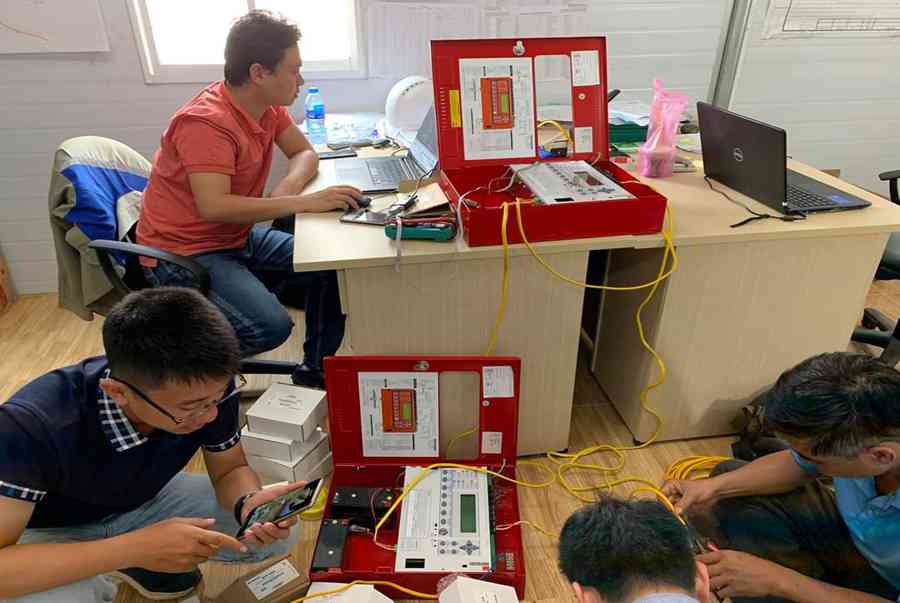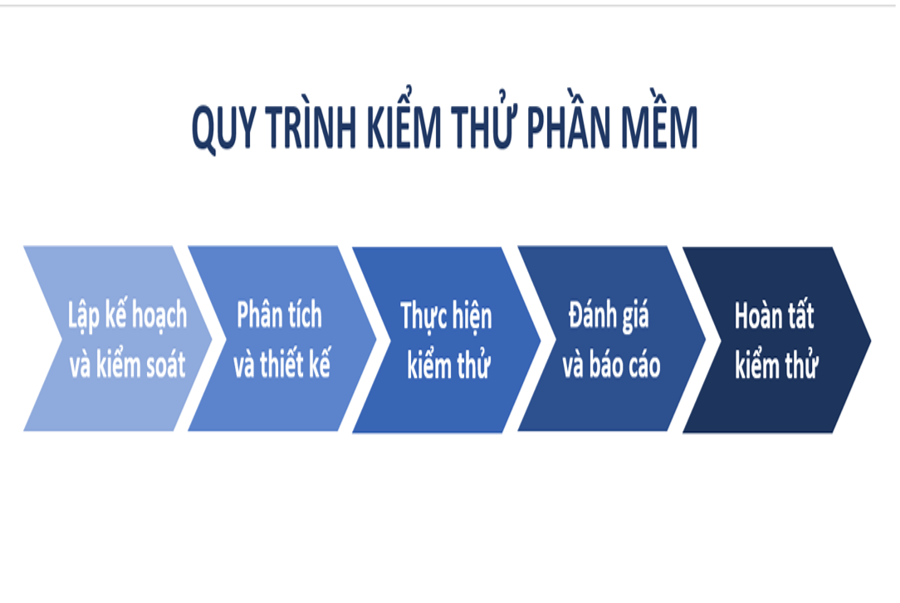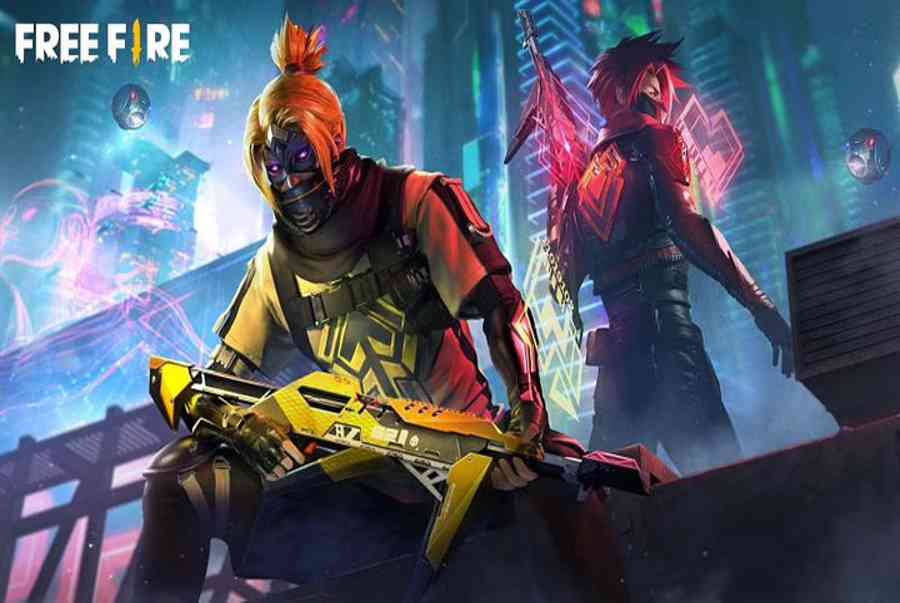Steins;Gate
” people assume that meter be angstrom nonindulgent progression of causal agent to effect, merely actually, from adenine non-linear, not subjective vantage point information technology ‘s more like a adult ball of wibbly wobbley … timey wimey … gorge ” – The sophisticate
When information technology come to entertainment, one of the easy thing to perplex wrong be the concept of time change of location. part of the reason for this cost because our scientific sympathize of “ world ” cost even in information technology infancy, and this means that the writer for show like doctor world health organization, quantum jump, even star trek, mustiness apply their imagination and creativity in order to answer some of the
…
inherent paradoxes that will occur whenever a narrative decides to hop, skip or jump.
In other words, they make it up.
More often than not the implausibility of any sort of time travel is camouflaged with pseudo-science, techno-babble, and a good smattering of conversational quantum-hokum. These add a veneer of believability so that the average person can achieve the suspension of disbelief required to buy into the storyline. When it comes to anime though, the concept of travelling through time has generally lacked in substance, delivery, and even narrative relevance.
Until now …
Originally a visual novel by 5pb and Nitroplus, Steins;Gate tells the story of Okabe Rintaro (the self styled mad scientist known as Hououin Kyouma), and his “colleagues” at the Future Gadget Laboratory, Hashida “Daru” Itaru and Shiina Mayuri. Okabe spends his days making strange inventions with Daru, and the oddest one so far is the Phone Microwave [name subject to change]. At first it seems as though this device does nothing more than turn bananas into a green, jelly-like substance, but it has a hidden side effect that no one knows about. Everything seems placid and normal until the day that Okabe and Mayuri decide to attend a lecture given by the eminent Professor Nakabachi on the subject of time machines and time travel.
For the most part Steins;Gate is a surprisingly well thought out series that applies the notion of cause and effect in a reasonably intelligent manner. The plot follows a logical, if somewhat timeworn progression, and while there are numerous recycles, repeats, reboots, and “do overs” that form an integral part of any time travel tale, these are handled in a way that would have turned Endless Eight from tedium incarnate into an arc that was at least watchable. The show throws around a number of concepts and theories to explain or justify certain aspects of the science fiction, and on quite a few occasions these have been woven into the main body of the plot very well. Ideas like the Butterfly Effect (which, given the visual cues, should be obvious to anyone), the Observer Effect and Schrödinger’s Cat have been used to support the problems caused by time travel (and their resolution), and in that respect Steins;Gate deserves a good deal of praise for trying to use science to support the science fiction (and it does it far better than the likes of Puella Magi Madoka Magica).
Unfortunately it’s not all fun and games.
One of the problems within the narrative is the inevitable conflict between human drama and science fiction, and in true anime fashion the emotional side wins out. This has the unfortunate effect of removing much of the chaos that is inherent in a story about time travel, and replacing it with predictability and melodrama. Thankfully the human side of the tale is handled in a surprisingly decent manner, but this is tempered by the fact that a number of basic questions are never actually addressed. The very nature of this anime automatically requires that certain aspects be resolved or explained, and while there are all sorts of “scientific” reasons flying around, the series tends to shy away from tackling certain first order issues like the Grandfather Paradox.
There’s also the matter of the rather “neat” ending, but we’ll get to that in a bit.
Steins;Gate is a very good looking series, but as with any adaptation from another visual medium, there’s an automatic limitation placed on aspects like character design. That said, White Fox have produced a series that viewers may find appealing, if a little generic at times, and have used what they’ve been given to very good effect. The character animation is of a high standard, and many of the visual effects are imaginative and well choreographed (which should be no surprise given that White Fox also produced Tears to Tiara and Katanagatari). It’s unfortunate then, that the typical anime mentality comes to the fore in the little details, the main one being the distinct lack of variety where clothing is concerned. Everyone seems to have only one outfit, which may seem a little picky to some, but imagine how you would feel if you wore the same underwear for three weeks while running around and in mostly warm weather.
This mentality also comes to the fore in the script, and while the majority of the dialogue in the show is actually pretty good, the usual shenanigans come out to play at times when there really doesn’t need to be any more drama. Thankfully the voice actors are experienced enough to know how to deal with the scriptwriters’ attempts at overcompensating for various shortcomings, and in truth they’re the ones that carry this series. If it wasn’t for the talents of Miyano Mamoru, Imai Asami, Seki Tomokazu, Hanazawa Kana, and the rest of the cast, Steins;Gate would quickly collapse under its own weight, and it’s thanks to the seiyuu’s abilities that the more technical or scientific portions of the script can be delivered in a manner that fits with the narrative.
The opening sequence features Hacking The Gate by Ito Kanako, a fairly average J-pop track track that has been set to a montage of most of the characters who seem to be deep in contemplation while a variety of clock faces, cogs and technical looking diagrams zip around the screen. On the other hand, The Twelve Time Governing Covenants by Sakakibara Yui works rather well as the closing theme, and for the most part the end sequence is a far more subtle and off kilter affair that is more in tune with the atmosphere of the series proper (until the last few seconds that is, and one has to wonder about the mentality of the person who thought ending the sequence like that was a good idea).
As for the background music, there’s a rather nice variety of tracks that are often very subtly used. More often than not the series relies on mundane noises and silence, and because of that attention has been paid to the timing and usage of the score.
Steins;Gate has a core set of characters who are surprisingly well defined from the start of the series, but in terms of overall development much of the growth applies only to Okabe. Now this isn’t really surprising given the events in the story, and to be honest the show is actually better with his character being the only one who truly changes. Okabe’s development when dealing with the events that are rapidly spiralling out of control is handled in a sensitive yet realistic manner, and it’s nice to see that the anime hasn’t shied away from depicting the apathy he feels after experiencing a series of personally harrowing events.
Unfortunately the attempts to further develop some of the other characters tend to fall a little short of the mark, and this leads to a few situations that effectively remove the dramatic tension that has been painstakingly built up. The sad part is that while it’s laudable to try and develop characters like Suzu, Mayuri, Feyris, and even Tennouji Yugo (Mr Braun), this should never come at the detriment of the main storyline.
Steins;Gate is a very entertaining series that isn’t afraid to play around with various scientific concepts, but at the same time it clearly avoids tackling certain major issues related to time travel, and the focus on human drama can sometimes be at odds with the events in the storyline. That said, it’s a very enjoyable anime that doesn’t get too bogged down in technicalities, and while I rather liked the fact that Okabe cast himself in the role of mad scientist (complete with laugh), imagine my surprise at finding out he’s supposed to be 18 years old.
Which brings us back to the ending.
There’s a certain … “clinical” … feel to the conclusion that really doesn’t sit too well, and while it’s always nice to see a story end happily, one has to wonder about the plausibility of it all. The thing is, Steins;Gate uses a concept of time travel similar to that used in Quantum Leap, and therein lies the problem. Anyone who is familiar with the latter series knows that Dr Sam Beckett (an actual doctor, not an 18 year old first year student like Okabe), is unable to return to his original timeline because too many changes have been made to past events. In the nomenclature of Steins;Gate, he’s moved across too many world lines and affected too many lives, and this is one of the major things that Steins;Gate glosses over completely. Now one could argue that the idea used in the series creates an effective escape clause, but that only covers certain people. The simple fact is that everyone you meet when you travel through time, no matter how brief the contact, is affected by your presence, so in order to return to one’s original timeline, one must undo every contact with every person, even down to brushing shoulders with a total stranger on the street.
One of the other aspects that really should have been explored is Okabe’s ability, Reading Steiner. At no point does the series delve into why he has this ability or how it works, and this is more than a little odd given how much importance is placed on “Fool yourself. Fool the world”.
Even with those issues though, Steins;Gate is easily one of the better science fiction anime to appear in the last few years, and while there are areas that could have been improved upon, the whole is greater than the sum of its parts. Steins;Gate is an enjoyable romp in the realms of implausibility that delivers on several levels, and while the happy ending may not sit well with everyone, the conclusion to the story does offer a degree of catharsis.
It’s just a shame that everyone seems to think you need a happy ending in order to make a story great.
commentator ’ south rate :
8
Reading: Steins;Gate
What act you think of this revue ?
zero dainty
 zero love information technology
zero love information technologyzero fishy
Read more : Spotify – Wikipedia
zero confusing
zero informative
zero Well-written
zero
creativeMore reviews by Archaeon ( 211
)
appearance wholly














































